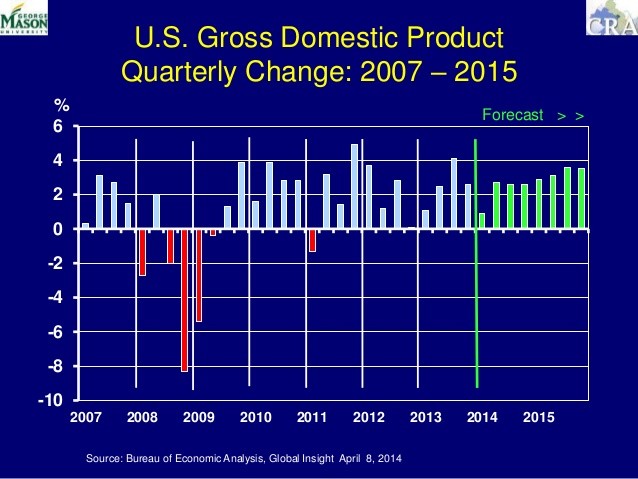Economic Analysis 2014
Post on: 22 Ноябрь, 2015 No Comment

Economic Analysis
The rise of the Internet has created an abundance of easily accessible economic information. Unfortunately, this has made it difficult for investors to understand, digest, and even evaluate. Where, then, can investors turn for objective economic analysis, market research, and breaking fiscal news that affects both Wall Street and Main Street?
Economic analysis means looking at the interconnected effects of global economic events. These events can be as major as geopolitical tensions, elections, corporate earnings, housing markets, consumer sentiment, and rising unemployment rates—to seemingly innocuous news stories, including mergers and acquisitions, crude oil inventories, auto loans, birth rates, and retiring Baby Boomers.
In 2001, Michael Lombardi started his famous daily economic newsletter Profit Confidential. Written by Lombardi Financial editors who have been offering stock market guidance to Lombardi customers for years, Profit Confidential provides a macro-picture on where the stock market is headed, what sectors are hot, and what sectors to avoid.
Over the years, Michael’s financial commentary and the accuracy of his economic predictions have garnered him global attention and the confidence of over one million investors in more than 140 countries.
When the U.S. economy was on the verge of collapse after the financial crisis of 2008, the Federal Reserve came to the rescue. The central bank provided the financial system with quantitative easing (QE)—it printed money and bought bad debt from the big banks. As a result, the Federal Reserve’s balance sheet has grown by almost $2.0 trillion—200% in less than five years. Where did the money come from, and how does it affect the buying power of the average American?
The eurozone is struggling to get out of a debt crisis that has been helping weigh down the global economy. Germany and France, the go-to countries for economic growth and stability in the eurozone, are beginning to experience retractions and may not be able to prevent the region from slipping into a recession. The eurozone unemployment rate reached a record high of 11.7% in October 2012, up from 11.6% in September. There are 18.7 million people unemployed in the region, with Spain and Greece’s unemployment rates both exceeding 25%. (Source: Eurostat, November 30, 2012.)
What does this mean for the eurozone? How will it impact the United States? Or, affect the Chinese economy?

At the same time, it’s important that economic analysis takes an ongoing look at domestic policies. For example, cities like Vallejo, Mammoth Lakes, Stockton, and San Bernardino have already defaulted on their municipal bonds. What caused them to declare bankruptcy, and how does it affect the everyday investor and the overall health of the U.S. economy?
The global economy is constantly going through changes. We currently live in a world where one country is connected with the other. It doesn’t really matter anymore how far or close economies are to each other.
That’s why in-depth macro- and micro-economic analysis is more important than ever. It helps investors see the world from different perspectives and helps uncover opportunities to balance, diversify, and grow stock portfolios.
China’s economic situation, the information age, an end to the 30-year down cycle in interest rates, the credit crisis. the coming debt crisis in America, the eurozone crisis—these are only a few of the economic events occurring in the global economy. That’s what drives Profit Confidential. We take the economic information churned out daily, analyze it, and deliver understandable, even fun-to-read, economic analysis to our readers each day.














